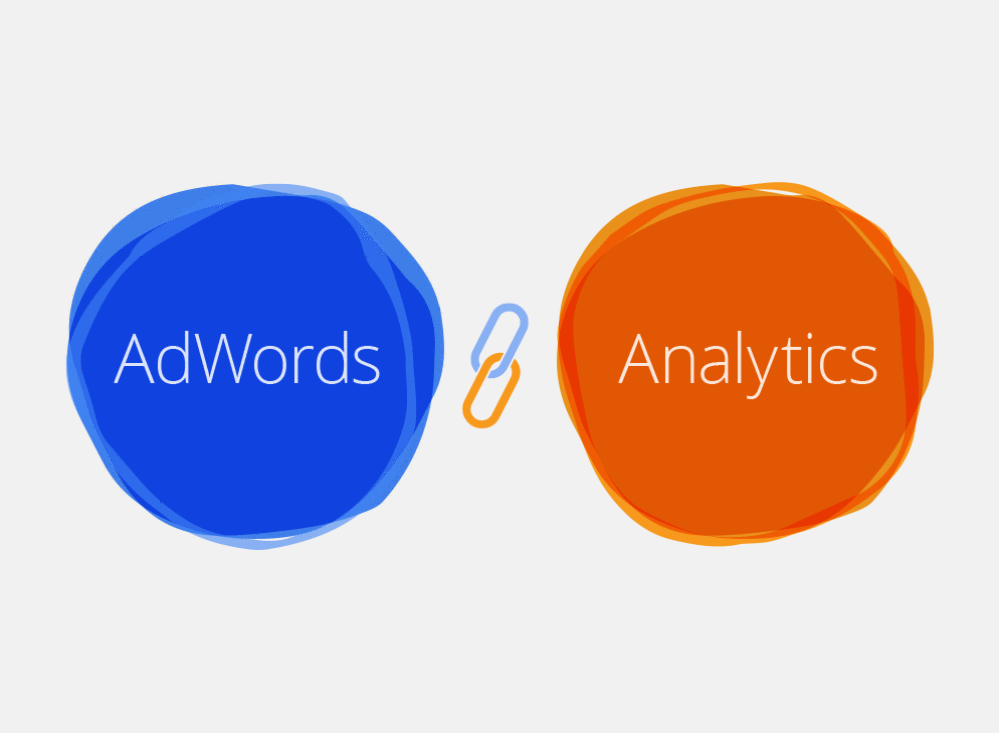It Just Doesnât Add Up â Discrepancies In Google Analytics And AdWords
24 Jun 2016

You’re all geared up to start analysing user behaviour in GA… but hang on - some of the figures don’t match, both within GA and between GA and AdWords! Your Analytics and AdWords accounts have always been correctly linked, auto-tagging is enabled, landing pages have the tracking code for the correct Analytics property and you’ve checked your GA filters aren’t hiding vital information. So what in tarnation is going on?
Before you end up like this:

Or even like this:

Let’s take a look at some of the common discrepancies with the help of our fictitious friend Norman1, a fervent ailurophile2.

Discrepancies within GA
Clicks and Sessions
Clicks and sessions will never match, but there is no need to be concerned about this as long as the figures are within 10% of one another.
Just to recap, a session is defined as any activity on a website within a given time. A session ends after 30 minutes of inactivity, or at midnight. Therefore, multiple sessions can be attributed to a single user over several days, weeks or even months.
Consider these two scenarios:
a) Norman clicks twice on a paid ad for madaboutcats.com in 30 minutes because, well, he’s just that keen. In GA, 2 clicks and 1 session are recorded.
b) Norman clicks on an ad once. He visits madaboutcats.com and doesn’t click off it when he goes to have lunch. He then comes back to continue looking at the website after 40 minutes. This would be recorded on GA as 1 click and 2 sessions.
Discrepancies Between GA And AdWords
Attribution
AdWords uses a ‘Last Click’ attribution model; the last AdWords click in a conversion path receives all the credit for the conversion. However, in GA Acquisition Reports, conversions are attributed to the last non-direct click, that is, any click to get to the website other than users coming to the site directly by entering the web address into their browser or returning via a bookmark.
Example - Our buddy Norman searches for ‘cat merchandise’ on Google. He clicks on a weirdcatgifts.com ad and browses the site. At a later time, he comes back to the site through the organic results and buys a cat tapestry (yes, this is a real thing).

AdWords will record a conversion for this because it attributes conversions to the last AdWords click. However, GA will attribute the conversion to the organic channel and not to AdWords because that was the last non-direct click.
Times of conversions
AdWords records the time of a conversion as the time that the ad prior to the conversion was clicked. GA records the actual time that a conversion took place.
If Norman clicked an ad at 4.49pm and submitted his tapestry order at 5.25pm, AdWords will record the conversion as happening between the hours of 16.00-17.00 (which you can see in the Dimensions tab) but GA will log the conversion as happening between 17:00-18:00.
Freshness of data
You may still see discrepancies between GA and AdWords having excluded the above possibilities. The reason for this could be that AdWords data is updated within 3 hours whereas GA has a time lag of up to 24 hours.
If Norman bought the cat tapestry at 4.49pm, it would be included in the conversion data in AdWords by 8pm, but not necessarily in GA, once again leading to a discrepancy between the two platforms.
Conclusion
It is worth bearing these discrepancies in mind when you are pulling data from AdWords or GA, but don’t worry – there are legitimate reasons for these inconsistencies. For more information, please read this brilliant blog post written by my colleague James Olver. The maestros over at Big G have also got a couple of informative articles which you can read here and here. Happy analysing!

1Any resemblance to actual persons, living or dead, is purely coincidental
2A person who really likes cats. Who knew?
Image sources:
Confused businessman
Employees smashing computer
Man walking cats
Cat tapestry
I Excel at data analysis
To read this blog written by Charlotte Silveston on the Periscopix website, please click here.

Please login to comment.
Comments